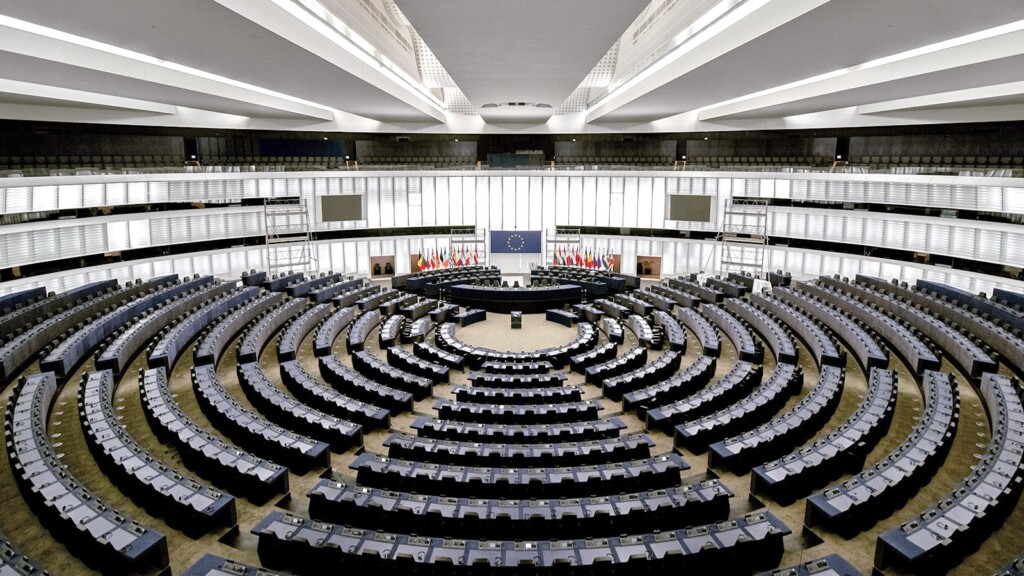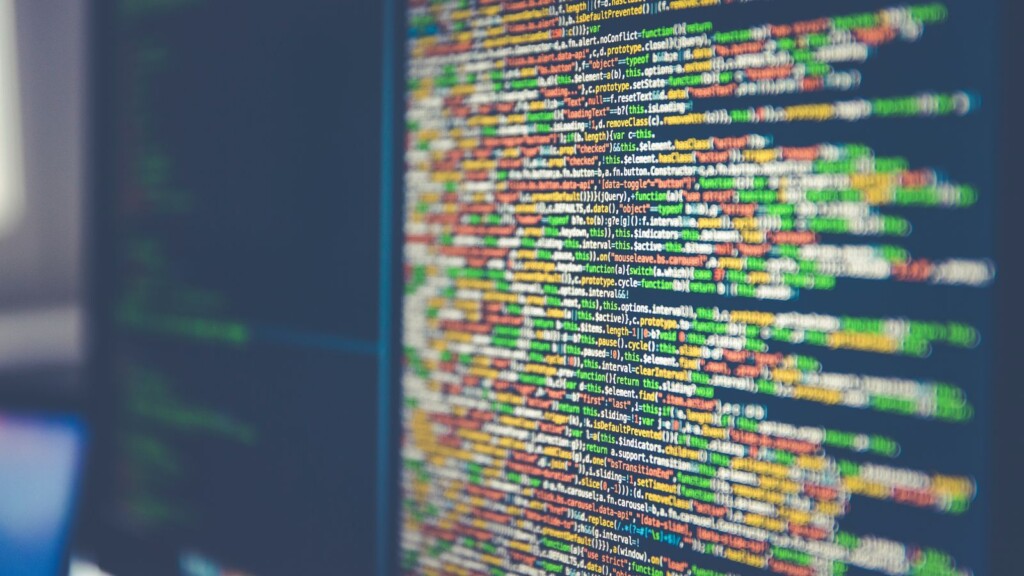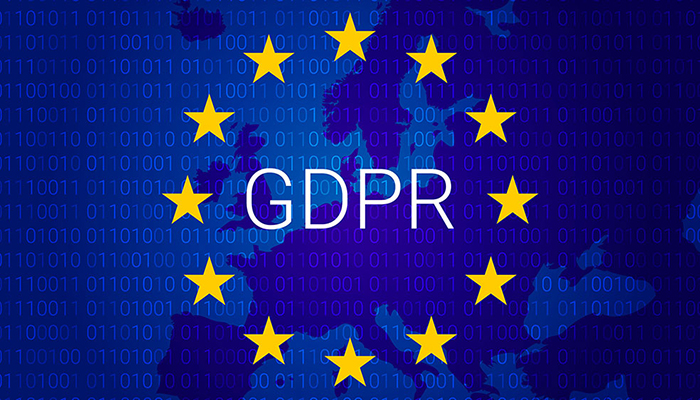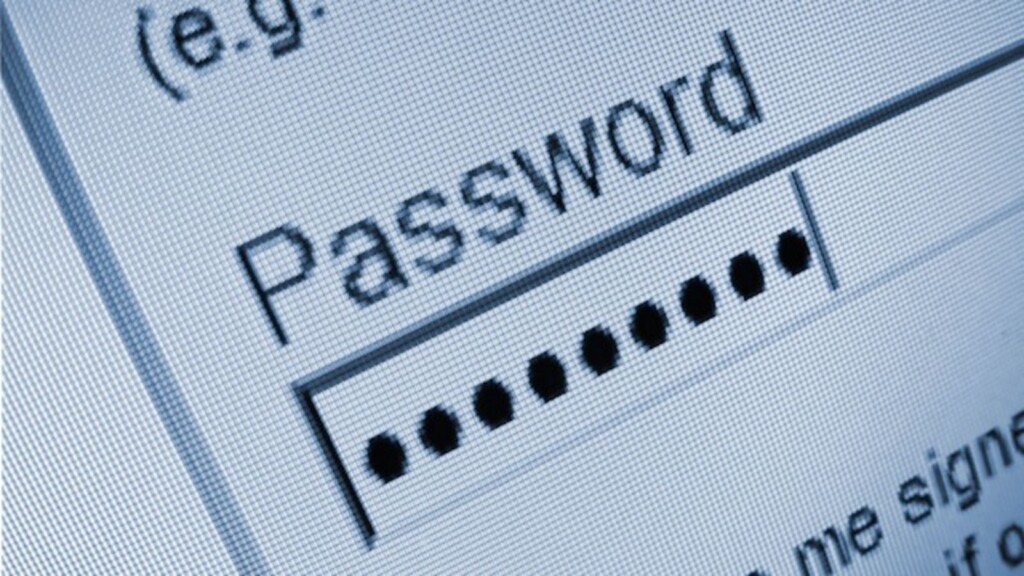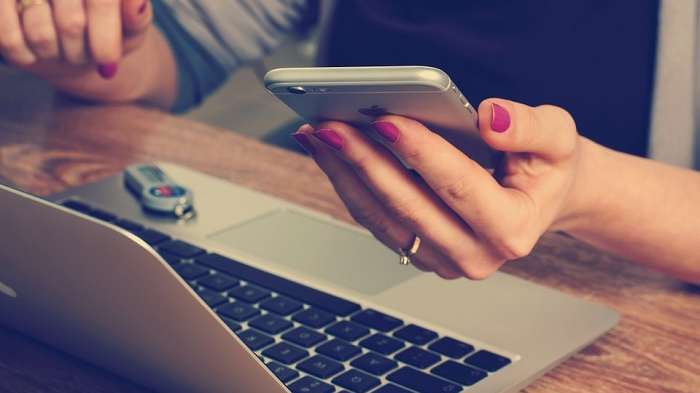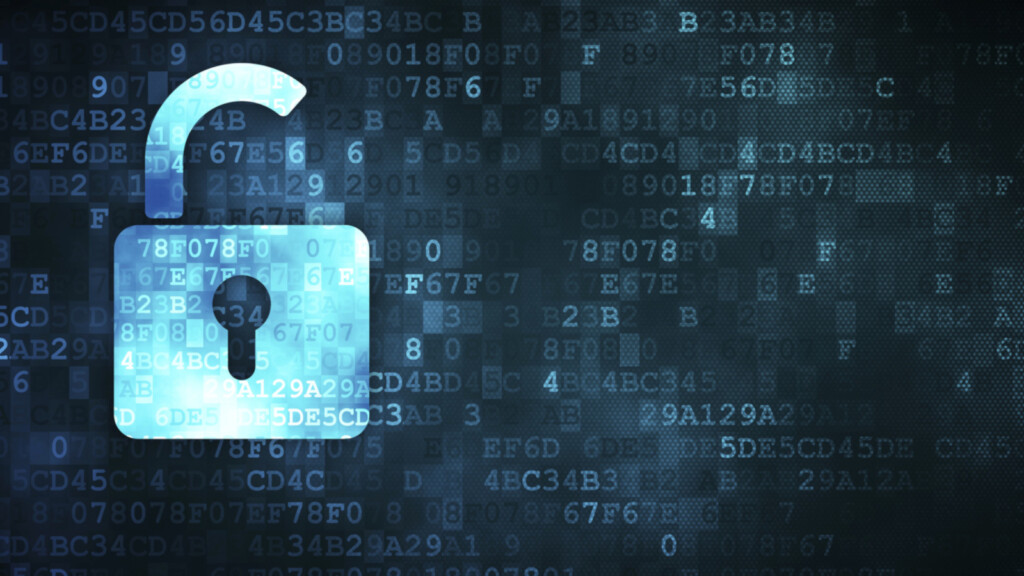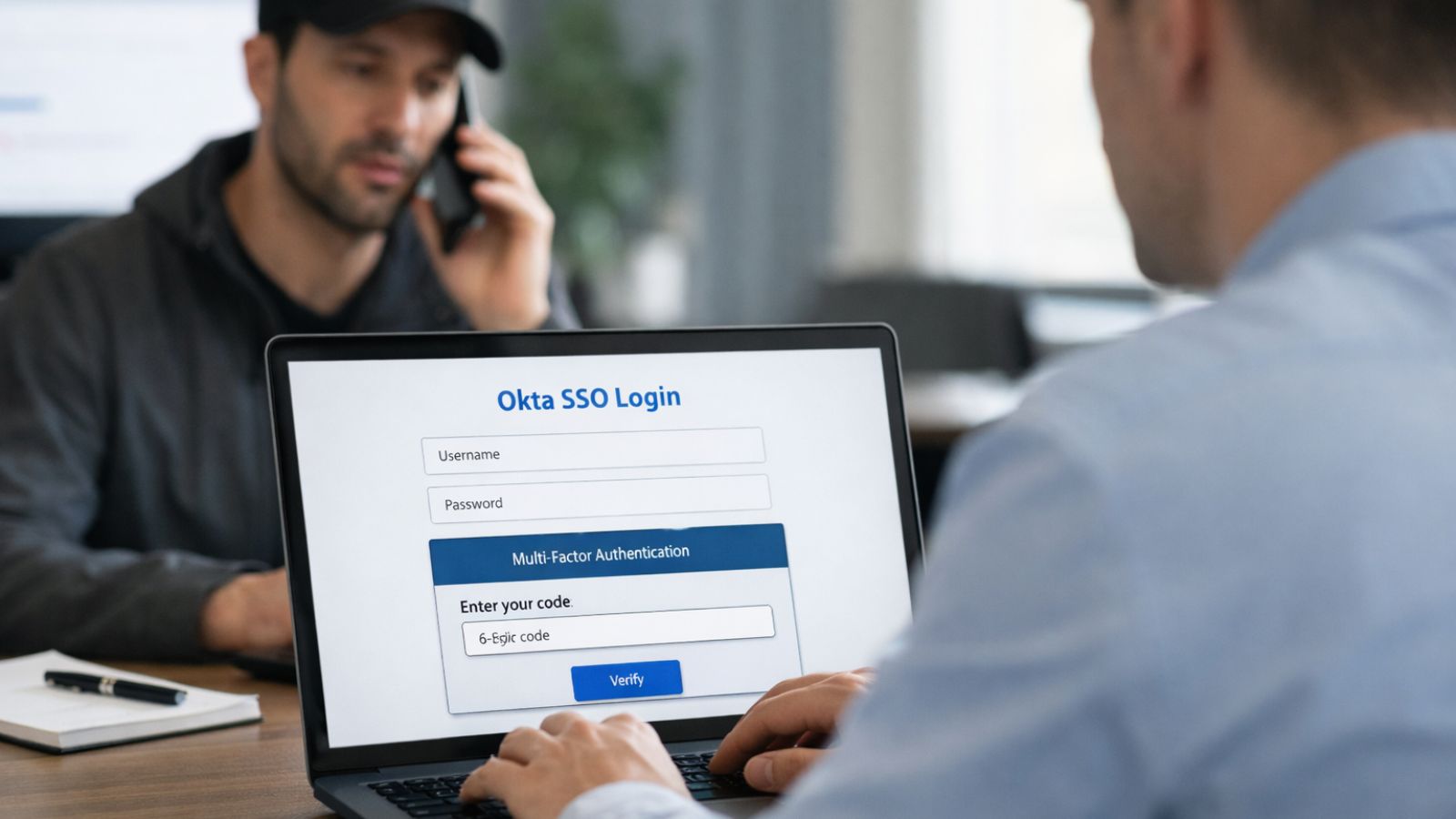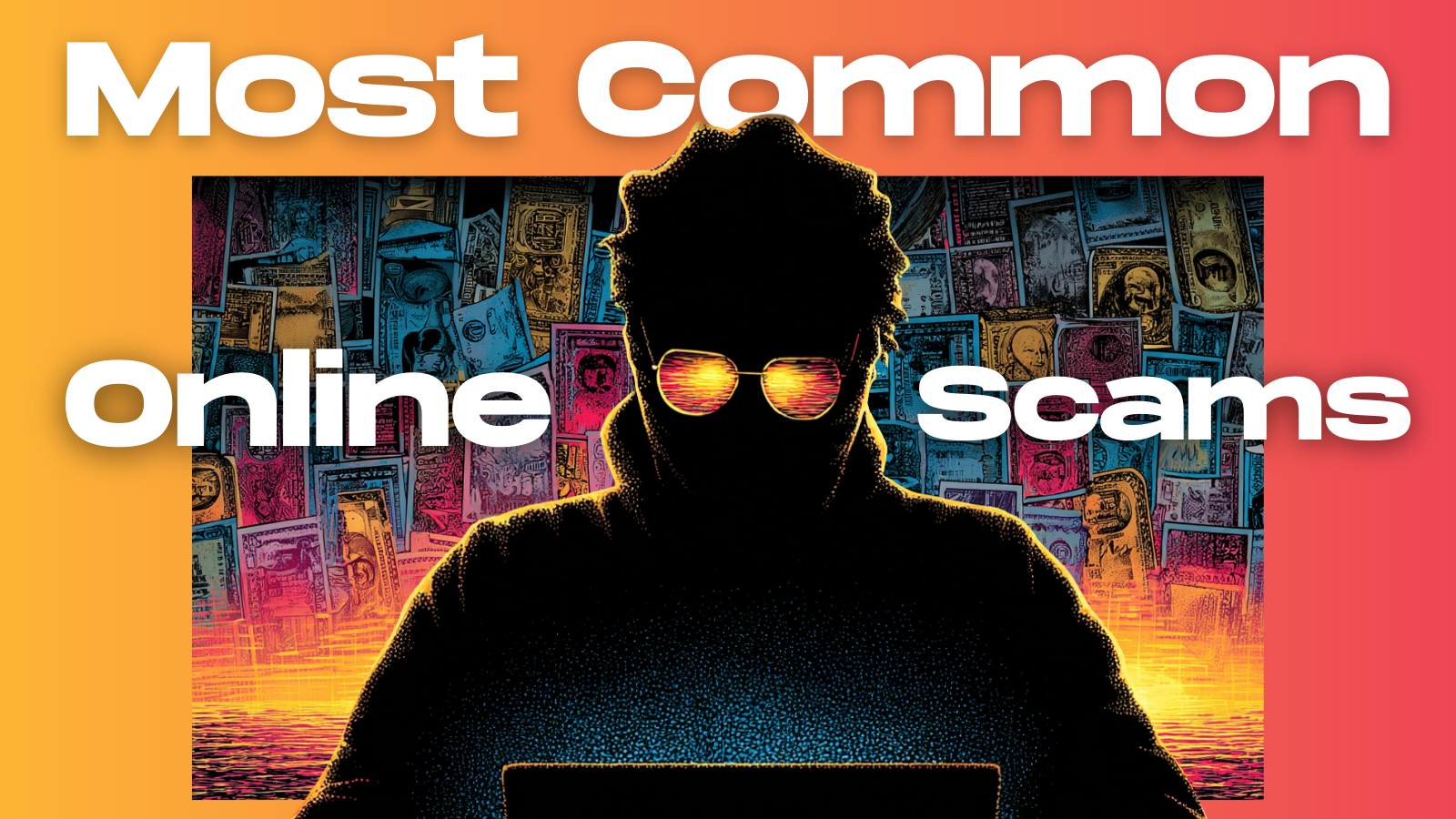
What Will You Be Doing for Data Privacy Day 2019?
Usually, when a society decides to name a day after something, that's a big clue of its importance. In the US Columbus Day lets people commemorate when Christopher Columbus first arrived in the Americas. Martin Luther King Jr day is similarly important.
Did you, however, know about Data Privacy Day? This remarkable international holiday occurs on the 28th of January every year. It's recognized not only by the US but also by Canada and India. Moreover, the 47 members of the Council of Europe also recognize it. That means almost one in four countries recognizes and observers data privacy day.
These little facts tell us one thing - data privacy matters. It doesn't just matter to other people, it should matter to you as well. Which is why we think asking what you'll be doing for Data Privacy Day is a fair question.
A Long Time Coming
If you're surprised to only be hearing about this holiday now, don't feel bad. Although the first observance happened way back in 2007, it's taken a while for the holiday to get mainstream attention.
It's not just the various governments and private organizations that have ensured more people are aware of the day. It's the actual, real-world increase in privacy problems that have turned it into a real event. Data Privacy Day is meant to raise awareness of, obviously, data privacy. But what specifically are the people behind it trying to draw attention to?
Paying Attention to the Right Things
The point of Data Privacy Day is mainly to create awareness of the many privacy issues normal citizens face in the 21st century. There are two main problems when it comes to data privacy and the public at large.
The first is that when it comes to the digital age, most of the private data violations are invisible to you and me.
The second issue is that the average person doesn't know enough about data privacy to even be aware of the issues. Much less the steps they'd have to take to improve their privacy situation. The various official backers of Data Privacy Day use the occasion to spread this information around.
Big Time Players
Image Credits: fenca.eu
While your first thought might be that this is some sort of grassroots movement, you'd be wrong. The people behind Data Privacy Day are some real heavy hitters in the global privacy scene.
The Federal Trade Commission (FTC), Federal Communications Commission and even the FBI are supporters of the day. Across the pond(s) there's the aforementioned Council of Europe as well as the UK Information Commissioner and the Data Security Council of India.
That's not an exhaustive list, but it shows that data privacy is being taken seriously by those in the know. Surely a sign that you should care as well, no?
Unto the Breach, Again and Again
Image Source: memeburn.com
The biggest sign that Data Privacy Day is a holiday whose time has come, is the never-ending string of data breaches. It seems that every week we find out that our personal information has been stolen or mismanaged. Sometimes it gets stolen because it was mismanaged. Without an informed public there's no one to help hold the custodians of our information accountable.
Fixing Your Privacy Karma
If this is your first Data Privacy Day, then you're about to learn how to get into the spirit of the things quickly and easily. It doesn't take all that much to become privacy-aware and spread that awareness to the people in your own life.
Read Privacy Policies
While we all are guilty of simply clicking "I agree" when privacy policies come up, it's actually a really good idea to read them from time to time. There is a push to make these documents more understandable, but even as they are most people can make sense of them with a bit of effort. Especially if you read our short guide on reading privacy policies.
Take Your Passwords Seriously
Image Source: Gizmodo
A password is the first line of defense against people snooping into your private data. So it's a pity that most people seem to have terrible passwords. We also tend to be a little lazy and reuse passwords across multiple services. So when you finally are caught in a data breach, the whole house of cards comes tumbling down.
There are three things you can do today:
- Change to strong passwords
- Use a password manager
- Activate two-factor authentication
That last one is particularly important. Most good online services include 2FA as an option, which means having your password is not enough to breach your data.
Audit Privacy Settings
Thanks to pressure from various players in the internet and computer industry, most online service now offers you privacy settings you can tweak. Social media, in particular, has been forced to let users take finer control over who gets to see what content.
If you've never looked at the privacy settings offered by your browser, apps or favorite websites, you may be leaking information you don't want to. The default privacy settings for most things favor the data collection ambitions of the people offering the product. The hope is that you won't bother to turn it up a notch. You can start by reviewing your browser settings and check if you have any browser leaks. From there it should be the turn of all the social media you use. Although you may also consider leaving social media as a whole.
Use Encryption and Other Privacy Technologies
Image Source: pcquest.com
There are some amazing privacy tools, such as encryption and VPNs that will help you take control of your data privacy. The solutions are out there, you just need to make use of them. By being aware of the privacy tools at your disposal and applying them correctly, it'll be much easier to sleep soundly at night.
Make This a Data Privacy YEAR
While it's great that there is now one day every year where people have to stop for a moment and really think about the role of data privacy in society and their lives, that's not enough. In order for your privacy to get a permanent boost, you have to always keep it in the back of your mind. Before you click, post or send and before you agree to anything. Stop and think about the privacy implications.
What have you done for Data Privacy Day? Let us know in the comments. Feel free to share your thoughts below, and Follow TechNadu, on Facebook and Twitter for instant updates.



